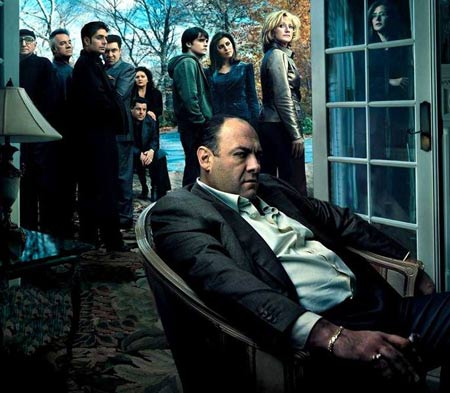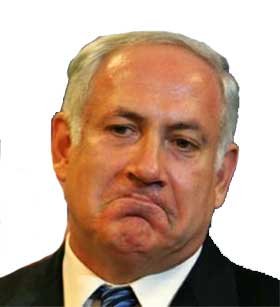The Israeli Prime Minister, Benjamin Netanyahu, returned to Israel last night after an apparently disastrous meeting with the US President, Barack Obama, in Washington. According to leaked accounts reported in the Israeli media, Mr Obama humiliated Mr Netanyahu by leaving the meeting early.
''I'm going to the residential wing to have dinner with Michelle and the girls,'' Mr Obama reportedly said, adding that Mr Netanyahu should consult his aides about goodwill gestures Israel was prepared to make towards the Palestinians before renewed peace talks. '''I'm still around,'' he said. ''Let me know if there is anything new.''
The talks were shrouded in an unusual news blackout, with no statement issued after the meeting and no official photographs released. US officials said the two met alone for about 90 minutes. Mr Netanyahu then huddled with staff separately for 90 minutes before requesting a second meeting with Mr Obama.
When the President returned, Mr Netanyahu is said to have made a counter-offer which Mr Obama did not accept.
In an Israeli TV interview before leaving for Israel, Mr Netanyahu said he had made progress in his meeting with Mr Obama. "I think we are finding the golden mean between the traditional policy of all the Israeli governments, and our desire to find a way to renew the peace process. I think we made progress today."
Relations between Israel and the US were shaken this month when, during a visit by the US Vice-President, Joe Biden, Israel announced plans to build 1600 Jewish homes on Palestinian land in occupied East Jerusalem.
One congressman who met Mr Netanyahu after his White House meeting said: ''It was awful. Netanyahu looked excessively concerned and upset. He waved around those pages, eager to persuade us that because of the complicated approval process for issuing construction permits in Jerusalem, one could never know in advance when a decision would be published on the issue.''
Writing in the Israeli Maariv, columnist Ben Caspit said there was no humiliation exercise the Americans did not try on Mr Netanyahu. ''Bibi received in the White House the treatment reserved for the president of Equatorial Guinea,'' Caspit wrote.
Yedioth Ahronoth said the White House ambushed Mr Netanyahu. ''Everything was scrupulously planned, most likely, and the Israeli Premier, perhaps the most sought-after personage in the Oval Office in the past two decades, was received like the last of the wazirs from Lower Senegal.''
The consensus among Israeli commentators is that the US will continue to exert more pressure on Israel to move swiftly towards the creation of a Palestinian state.
''The US is abandoning us and effectively turning into Europe,'' Caspit wrote. ''From now on, we are completely alone. The entire world, from one end to another, talks about a Palestinian state inside territory similar to 1967.''
''Obama wants to know whether Netanyahu is there. In explicit words, in writing, not with hints, not with a 'maybe,' not with a 'yes, but'. A simple question that requires a simple answer.''
US and Israeli officials are working on a document dubbed ''the blueprint,'' which covers all issues, including Jerusalem, that need to be resolved to let talks go forward.
Mr Netanyahu will try to sell it to his cabinet while the US Middle East envoy, George Mitchell, will take it to Arab and Palestinian officials for approval.













